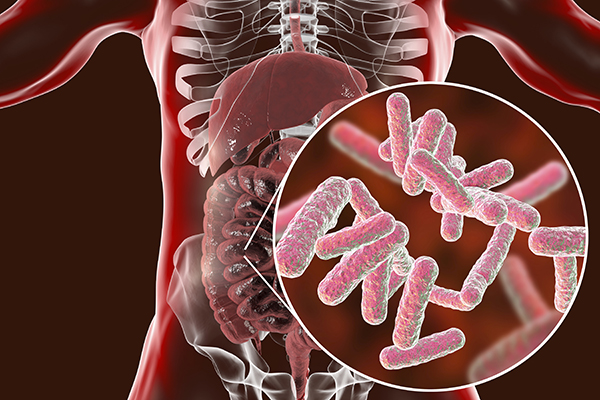Just over a year after setting up, Aberdeen-based EnteroBiotix are fast becoming one of the UK’s most exciting biotech companies to watch.
They achieved a World first in August as they gained a Medicines and Healthcare Regulatory Authority License (MHRA) to produce faecal microbiota for therapeutic applications. In addition, they have raised over £1.5m in seed funding to develop their innovative range of products.
But who are EnteroBiotix and what exactly do they do?
Founder James McIlroy was a full-time medical student when he discovered a study that described how faecal matter had been transplanted from a lean mouse to an obese mouse, which led to the obese mouse losing weight. This sparked his interest in how the concept could be applied to humans, and the foundations of EnteroBiotix were born.
Just a few years after having his eureka moment, the company is now dedicated to researching, using, and cultivating gut bacteria to prevent and treat infections and diseases – one of their most exciting pipeline projects is engineering the gut microbiome.
We are a fast-growing biotechnology company developing novel medicinal products for use in infections or diseases associated with imbalances of the microbial communities that live in the human gut. We have established fully integrated ISO-accredited donation facilities and Good Manufacturing Practice (GMP) compliant processing facilities to collect and process faecal microbiota for therapeutic application. We have scaled our first product internationally and are now developing follow-on products targeting conditions which are associated with significant unmet clinical needs.
Dr James McIlroy (Founder of EnteroBiotix)
Furthermore, the company are actively working with other researchers, companies and medical professionals to collect data from studies where the gut microbiome is being manipulated. The intention is to identify correlations between gut bacteria ‘signatures’ and the clinical response in patients. This information can then be used to further refine future medical treatments and create the next generation of microbiome modulating therapeutics.
Recent evidence of the potential of faecal microbiota transplantation (FMT) is encouraging. Researchers from Norway found that FMT induced significant symptom relief in patients with Irritable Bowel Syndrome; 65% of the participants who received active treatment showed a response at 3 months.
Are you interested to know more about EnteroBiotix? You can view their latest news and pipeline products here.

